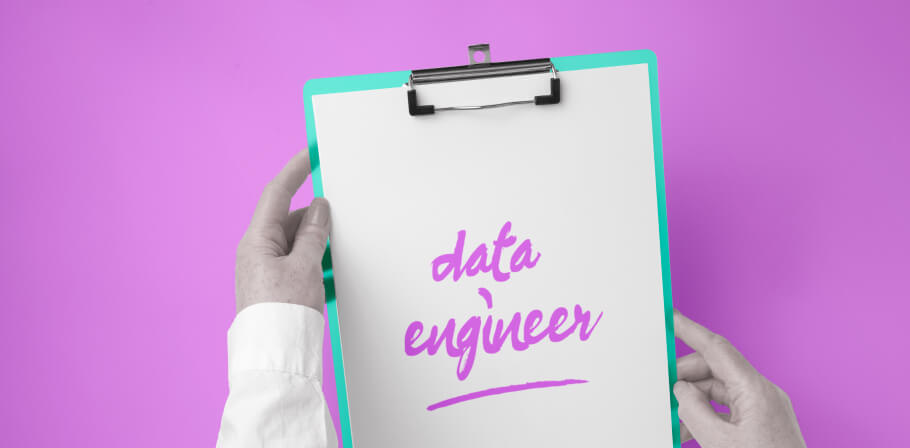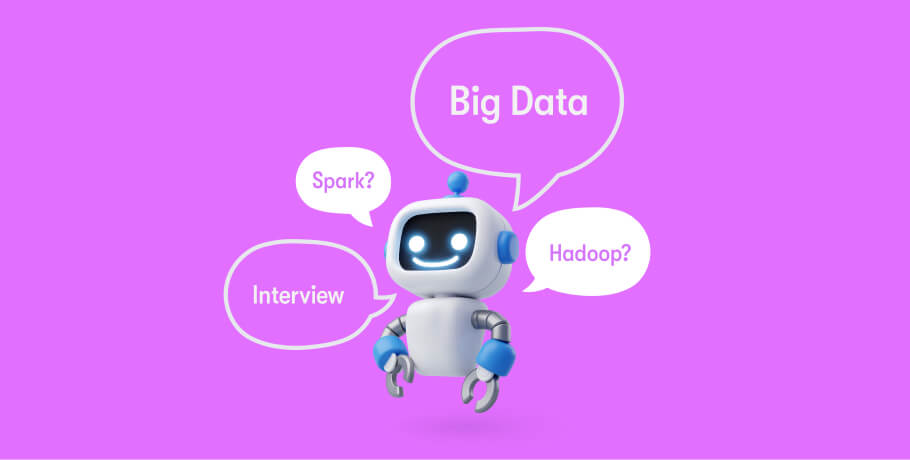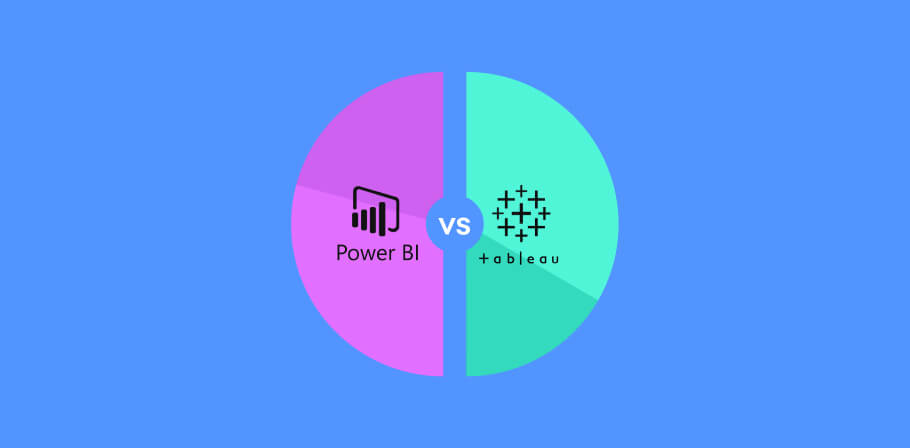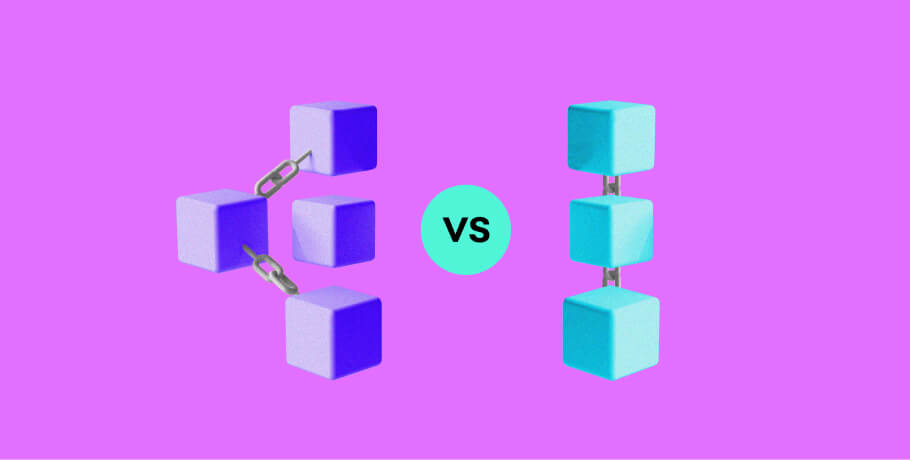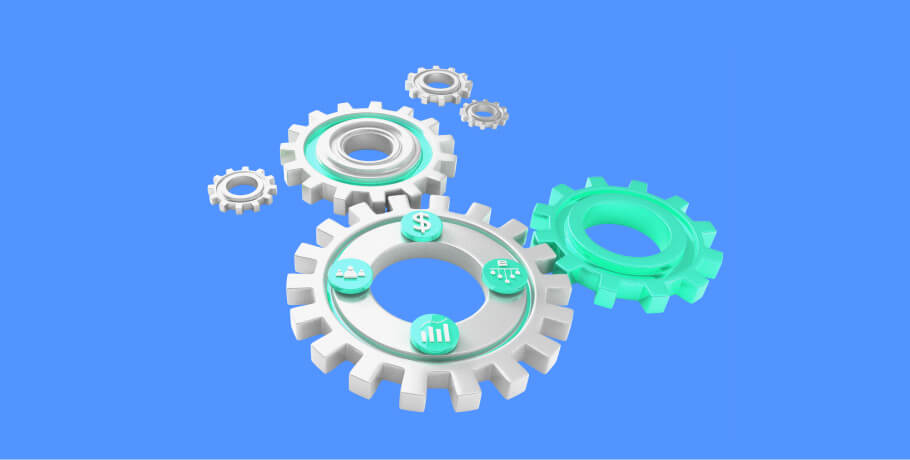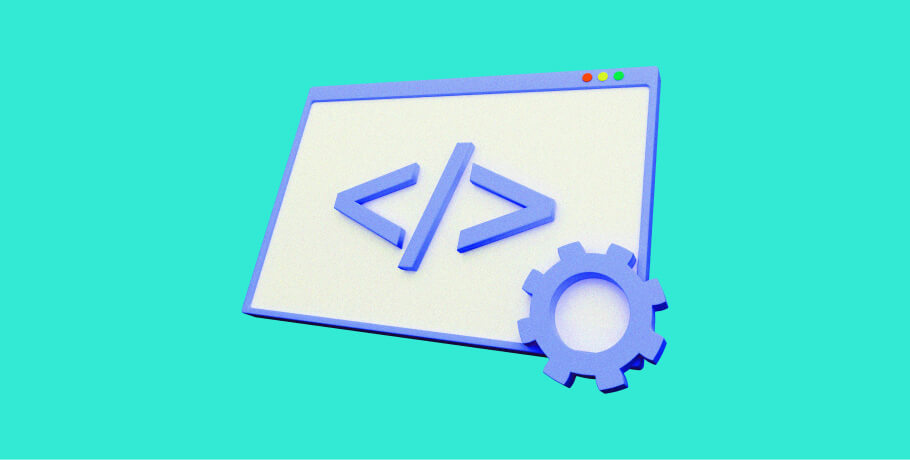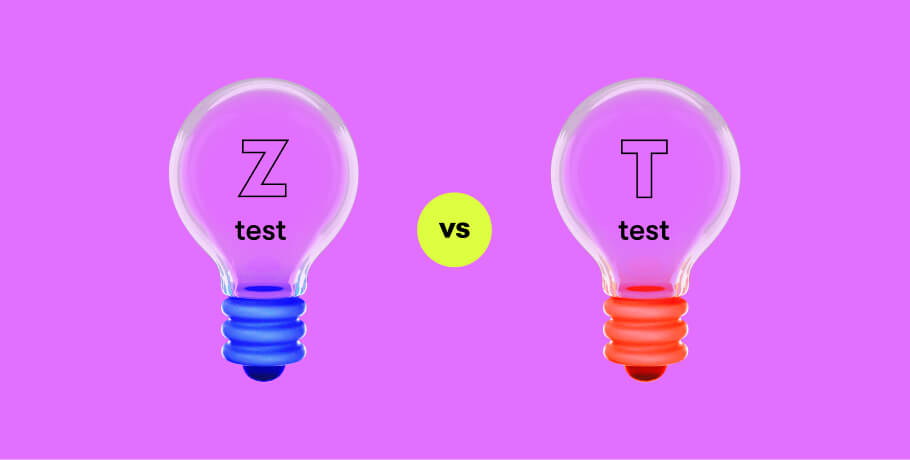In the contemporary business environment, data is a critical asset. Interpreting and understanding this data can provide a significant competitive edge. This is where Power BI professionals come into play.
Power BI is a set of business analytics tools by Microsoft that enables businesses to visualize data and share insights within the organization. Power BI professionals leverage this tool to design, develop, and maintain reports and dashboards. They transform raw, often complex, data into meaningful information that can inform strategic business decisions.
However, the role of a Power BI professional extends beyond mere data visualization. It requires a robust understanding of data analysis, meticulous attention to detail, and superior problem-solving skills. Furthermore, effective communication is key, as these professionals must often convey complex data insights clearly and understandably.
In this article, we will cover the Power BI job role specifics, exploring the responsibilities, requirements, and key skills needed to excel in this field.
tired of job hunting?
Scroll no more. Send us your CV and we'll match it with our best remote Power BI developer jobs for you.
What is a Power BI developer?
A Power BI developer is a data specialist who uses Microsoft's Power BI toolset to create data-driven solutions. They are data storytellers, transforming raw, often complex data into interactive dashboards and reports that provide clear, actionable insights. Their work helps businesses understand trends, patterns, and insights in their data, enabling informed decision-making.
Power BI developers are experts in data modeling, analysis, and visualization. They design and develop data models that effectively support business requirements. They also ensure the accuracy and reliability of the data presented in the dashboards and reports. In addition to their technical skills, Power BI developers often work closely with various stakeholders, bridging the gap between a business's technical and non-technical sides. Their role is crucial in today's data-driven business environment, helping organizations leverage their data effectively and strategically.
What does a Power BI developer do?
A Power BI developer is a data scientist using Microsoft's tools suite to create interactive dashboards and reports that provide actionable insights. Their primary role is to transform raw data into meaningful information that can be used to drive business strategies and decisions.
To do this, they first need to understand the business requirements and the data they have. They then design and develop data models that can effectively support these requirements. Using Power BI, they create visualizations that present the data clearly and engagingly, making it easy for stakeholders to understand trends, patterns, and insights.
But their job continues beyond creating dashboards and reports. Power BI developers also play a crucial role in data management. They ensure that their data sets are clean, accurate, and ready for analysis. This often involves performing data extraction, transformation, and loading (ETL) processes.
Furthermore, Power BI developers work closely with various stakeholders, including business analysts, project managers, and data scientists. They collaborate with these stakeholders to understand their data needs and deliver solutions that meet them. In essence, a Power BI developer acts as a bridge between a business's technical and non-technical sides, helping to drive data-based decision-making.
Responsibilities of a Power BI developer
Here are some of the key responsibilities that typically fall under their purview:
- Designing and developing BI reports and dashboards: This involves understanding the business requirements, designing the data model, and developing visualizations that provide actionable insights.
- Data management: Power BI developers are responsible for managing data sets, ensuring they are clean, accurate, and ready for analysis. This often involves data extraction, transformation, and loading (ETL) processes.
- Collaborating with stakeholders: Power BI developers work closely with various stakeholders, including business analysts, project managers, and data scientists, to understand their data needs and deliver solutions that meet them.
- Ensuring data accuracy: Power BI developers must ensure the accuracy and reliability of the data presented in the dashboards and reports. This involves validating the data and implementing quality checks.
- Training end-users: Power BI developers often train end-users on how to use the dashboards and reports effectively. This includes explaining how to interpret the data and make data-driven decisions.
- Troubleshooting and maintenance: Power BI developers troubleshoot data-related issues and maintain the Power BI infrastructure to ensure it's up-to-date and running smoothly.
- Staying updated: The data analysis and visualization field is constantly evolving. Power BI developers need to stay updated with the latest features, updates, and best practices to leverage them effectively.
- Data security: Ensuring data security is another important responsibility. This involves implementing appropriate access controls and data protection measures.
Power BI developer job requirements
Here are some of the key job requirements for a Power BI developer:
- Educational background: A bachelor's degree in computer science, information systems, or a related field is typically required. Some organizations may also consider candidates with significant work experience.
- Technical skills: Power BI developers should have a strong understanding of data analysis and visualization principles and proficiency in Power BI and other data tools. Experience with SQL, DAX, and other data languages is also important.
- Experience: Most employers require at least a few years of experience in a similar role. This includes experience with data modeling, ETL processes, and creating dashboards and reports using Power BI.
- Problem-solving skills: Power BI developers often encounter complex data-related problems that require innovative solutions. Strong problem-solving skills are therefore essential.
- Attention to detail: Given the importance of data accuracy, Power BI developers need to have excellent attention to detail. They should be able to spot errors or inconsistencies in data and correct them.
- Communication skills: Power BI developers often need to collaborate with various stakeholders, including business analysts, project managers, and data scientists. Strong communication skills are therefore important.
- Teamwork: Power BI developers often work as a team. They should, therefore, have good teamwork skills and be able to collaborate effectively with others.
- Continual learning: The data analysis and visualization field is constantly evolving. Power BI developers must stay updated with the latest features, updates, and best practices to leverage them effectively.
These requirements may vary depending on the organization's size, industry, and specific needs. However, they provide a general idea of a Power BI developer's role.
Power BI developer roles and responsibilities
Power BI developers can take on various roles within an organization, depending on the specific needs and structure of the company. Here are some common roles a Power BI developer might assume:
- Data analyst: In this role, a Power BI developer uses their skills to analyze data, identify trends and patterns, and provide insights that can help drive business decisions.
- Business intelligence developer: As a BI developer, they would focus on converting raw data into meaningful information by creating interactive dashboards and reports.
- Data architect: In this capacity, a Power BI developer designs and builds data models that enable the efficient analysis and reporting of data.
- ETL developer: Some Power BI developers may specialize in data extraction, transformation, and loading (ETL). This involves gathering data from various sources, transforming it into a usable format, and loading it into a data warehouse for analysis.
- Data consultant: In a consulting role, a Power BI developer advises businesses on how to best use and interpret their data to achieve their goals. This could involve suggesting new data analysis strategies or improving existing ones.
- Data governance analyst: In this role, a Power BI developer would ensure the quality, consistency, and security of the company's data.
These roles overlap, and a Power BI developer may perform tasks from several areas as part of their job. A Power BI developer's specific role can depend on factors like the size of the company, the industry it operates in, and the business's specific needs.
Power BI developer skills
A Power BI developer needs a mix of technical and soft skills to perform their role effectively. Here are some key skills required:
- Power BI proficiency: Power BI developers should be adept at using Power BI to create reports and dashboards, perform data exploration, and manage datasets.
- Data modeling: Power BI developers should understand data modeling concepts and be able to create effective data models to support reporting needs.
- SQL and DAX: Knowledge of SQL for database querying and DAX (Data Analysis Expressions) for creating custom calculations in Power BI is crucial.
- ETL processes: Familiarity with ETL (Extract, Transform, Load) processes is important as Power BI developers often need to clean and transform data before it can be used.
- Data visualization: Power BI developers should have a good understanding of data visualization principles and best practices to present data in an easily understandable manner.
- Problem-solving skills: They often need to find innovative solutions to complex data-related problems, so strong problem-solving skills are necessary.
- Attention to detail: Given the importance of data accuracy, Power BI developers need to have excellent attention to detail.
- Communication skills: They often need to explain complex data in a simple way to non-technical stakeholders, so strong communication skills are essential.
- Teamwork: Power BI developers often work as part of a team, so they need to be able to collaborate effectively with others.
- Continual learning: The data analysis and visualization field constantly evolves, so Power BI developers must stay updated with the latest trends and developments.
These skills can vary based on the specific role and organization, but they provide a solid foundation for a career as a Power BI developer.
Power BI developer job description template
Job title: Power BI developer Job description: We seek a skilled Power BI developer to join our team. In this role, you will transform large, complex datasets into presentable dashboards and reports for business decision-making. You will work closely with various stakeholders to understand their data needs and deliver solutions that meet them. Responsibilities:
Requirements:
Preferred qualifications:
We would love to hear from you if you are a data enthusiast with a knack for transforming raw data into meaningful insights. Apply today by sending your Power BI resume to join our team! |
FAQ

With a focus on remote lifestyle and career development, Gayane shares practical insight and career advice that informs and empowers tech talent to thrive in the world of remote work.
With a focus on remote lifestyle and career development, Gayane shares practical insight and career advice that informs and empowers tech talent to thrive in the world of remote work.
Explore our Editorial Policy to learn more about our standards for content creation.
read more

